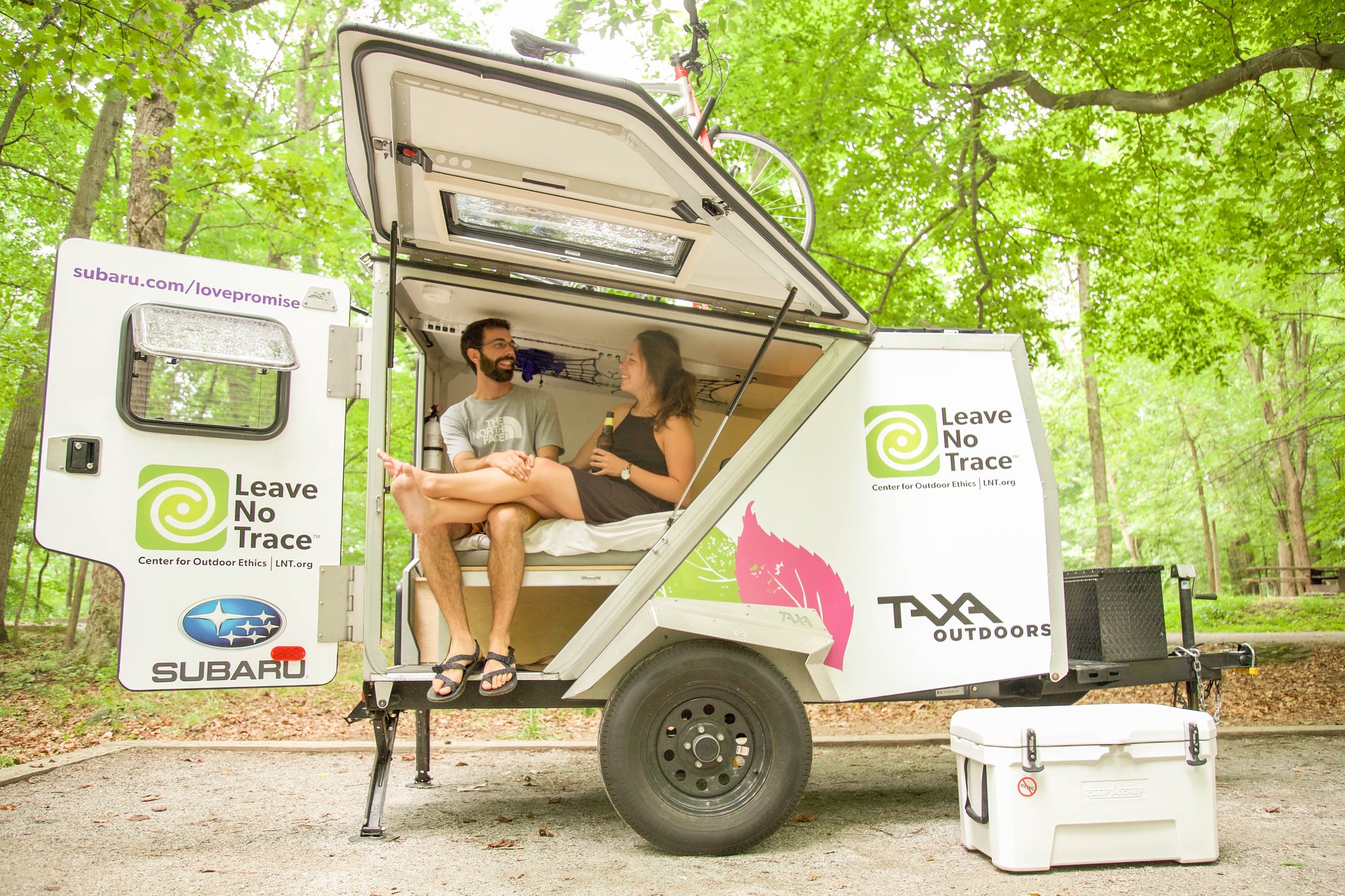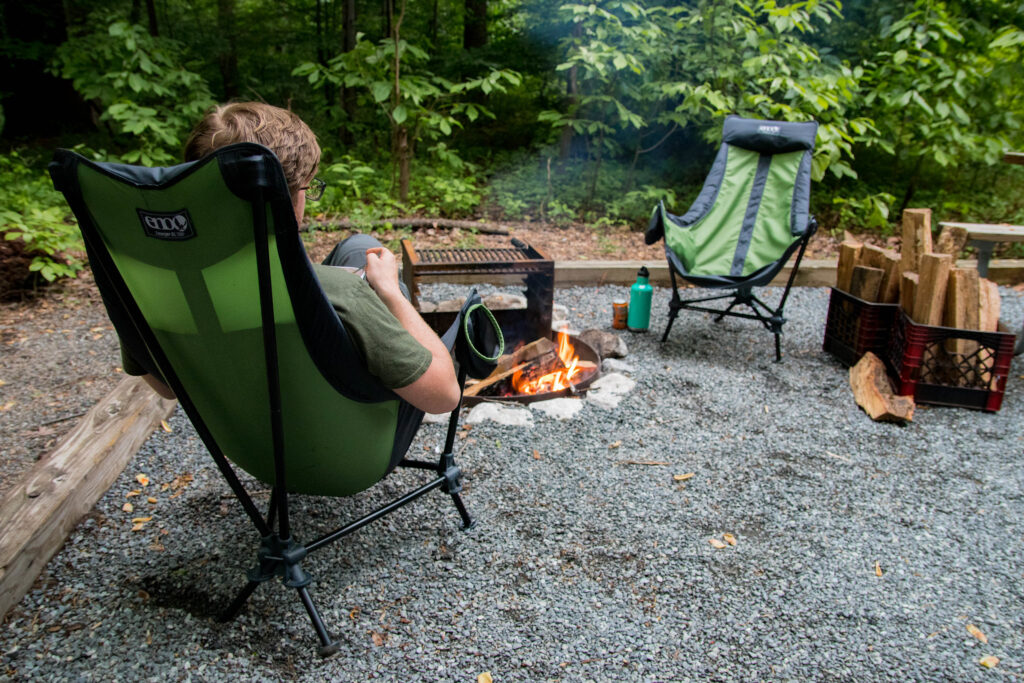Skills & Techniques
5 Things to Consider When RVing this Summer


RV camping can be a great way to enjoy the outdoors and is an especially popular option for summer 2020. By being mostly self contained, campers can minimize their need to rely on public spaces and facilities. At the same time RV camping requires some specific Leave No Trace skills and considerations. Here are the 5 most important things to have a low impact outing.
1. Choose the Right Spot
Not all campsites will work with RVs, and not all RV specific sites will fit every size setup. Be sure to find campsites that will work for your specific set up and needs. Do some planning ahead and preparing by researching your intended camping area online or by calling the land managers office. Only park where it is permitted, and stick to already impacted or established surfaces, rather than vegetation. In addition to being sure the campsite fits your needs, be sure it is safe to travel to and open by following our Covid-19 guidelines.
 2. Keep Close By Your Campfire
2. Keep Close By Your Campfire
RVing is a unique camping experience because you may spend as much time inside cooking dinner, sleeping, washing dishes, etc., as you do outside. This will make it easier to minimize impacts while cooking and cleaning, but can pose the risk of leaving your campfire unattended. If having a campfire, learn the ins and outs of responsible campfires, and plan to start it later in the evening after meals, or at a time of day when you know someone will be around. Even if just going inside the RV for awhile, it is important to have campfires attended at all times. This greatly minimizes the risk of wildfire.
3. Have a Poop Plan
One of the biggest benefits of RVing is that you bring a bathroom with you wherever you go. Even still, it is important to have a plan for how to poop outside before you set out on your trip. In the case of emergencies, it is always a good idea to have a backup plan. The most Leave No Trace option is to drive to nearby restrooms at visitor centers, trailheads, established campgrounds, or gas stations, however these may not be available. Build a poop kit to keep on hand, and learn how to dig a cathole and/or pack out human waste depending on the areas you are visiting.
4. Store Your Food and Smellables
Whether you are camping in bear country or not, it is important to properly store all food, trash, and smellables to keep them out of reach for wildlife. The recommended practice for this will depend on where you are camping, but generally, keeping these items in your RV will suffice. Whenever you are leaving camp or going inside, any trash, food, or smellable items such as sunscreen or soap, should be moved inside the RV or other storage area. This will keep animals out of your campsite and ensure wildlife stays wild and healthy.
5. Leave No Trace Check
RV camping requires a bit of setup, and so, a bit of takedown when leaving. Before you leave any area, be sure to do a Leave No Trace check. Go around your campsite or area to double check that no gear or trash is left behind. Do a mini cleanup of any microtrash before leaving, and ensure you pack out everything that you packed in. Consider taking your trash home with you to dispose of in your own trash receptacles to lighten the load on our outside spaces.
By the Subaru/Leave No Trace Teams. For over 20 years these teams have provided tangible solutions to serious issues facing our outside space and reach over 15 million people every year. Learn more about the important work of our mobile education teams. Proud partners of this program include Subaru of America, REI, Eagles Nest Outfitters, Thule, Fjällräven and Klean Kanteen.
Related Blog Posts
Let’s protect and enjoy our natural world together
Get the latest in Leave No Trace eNews in your inbox so you can stay informed and involved.


